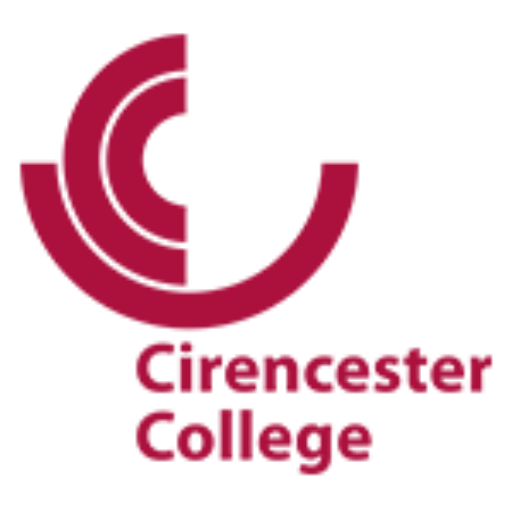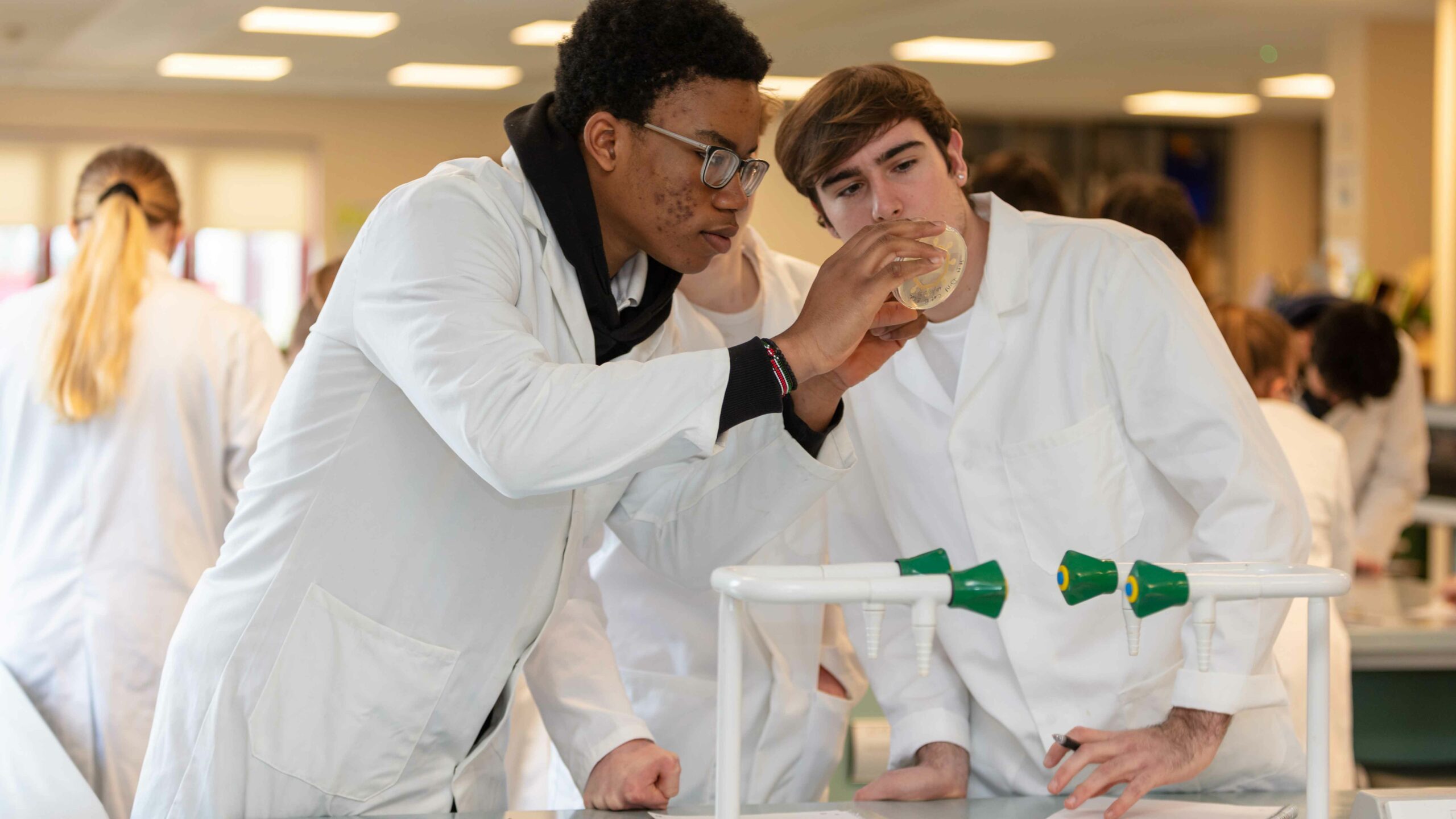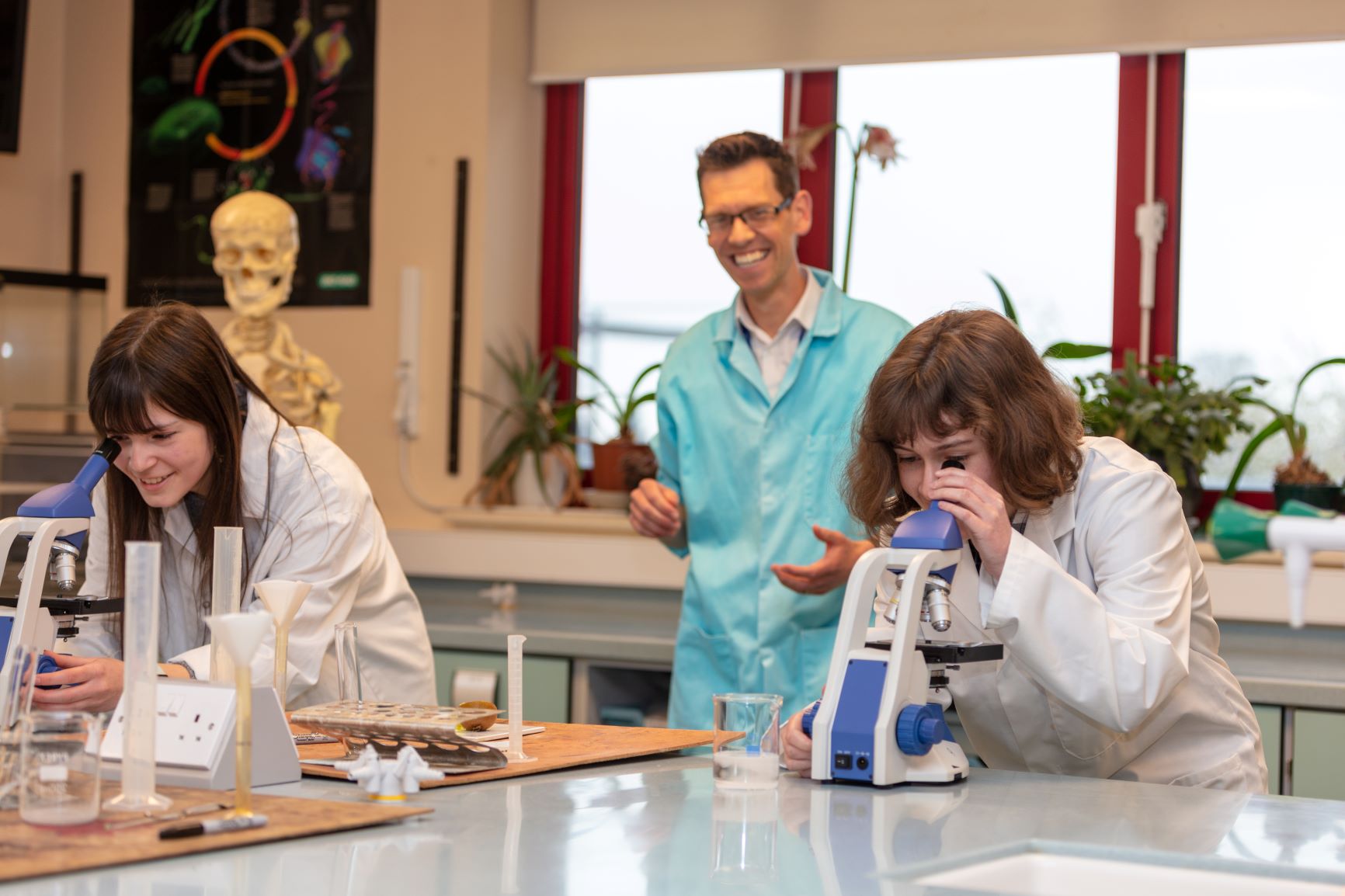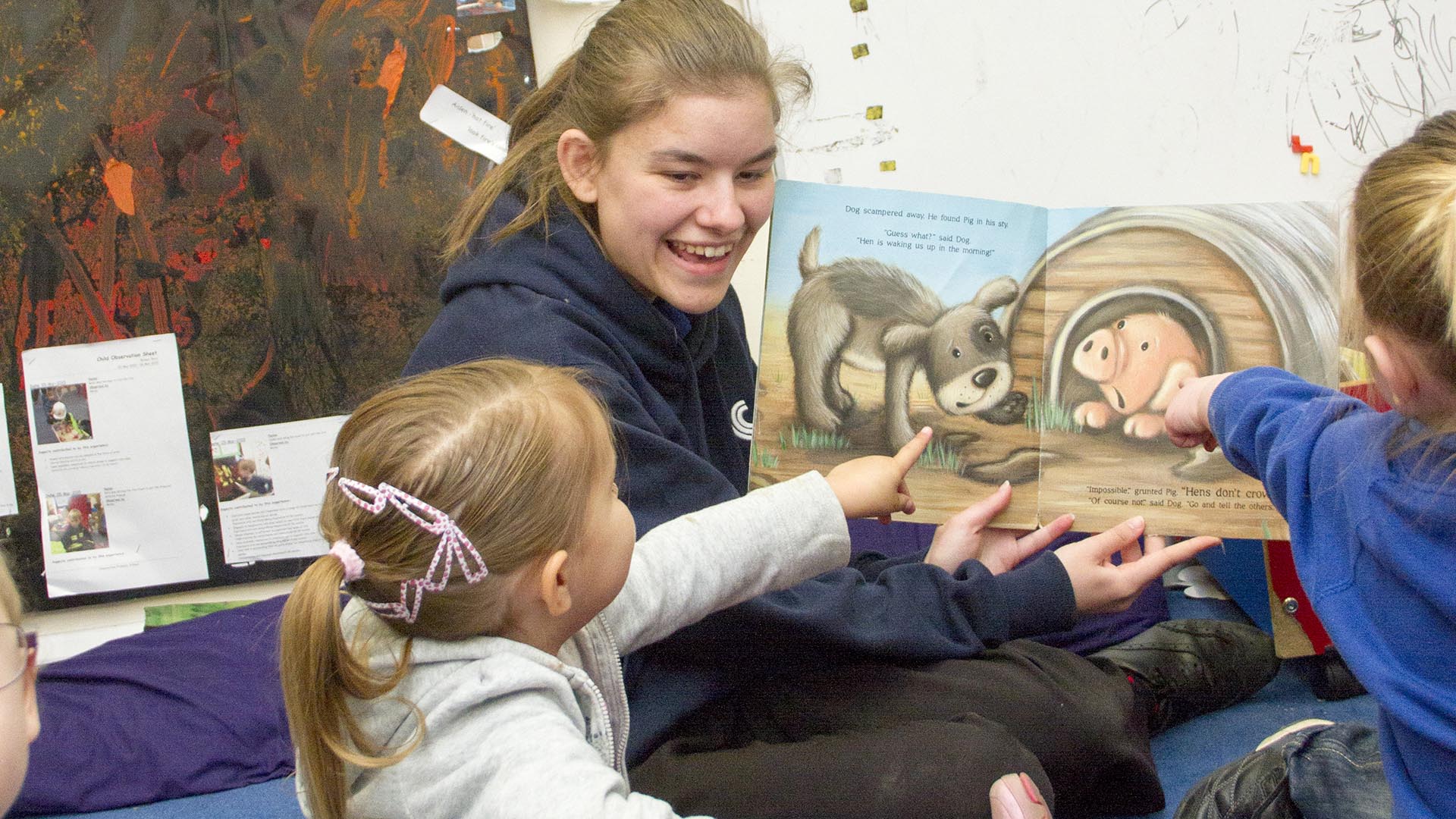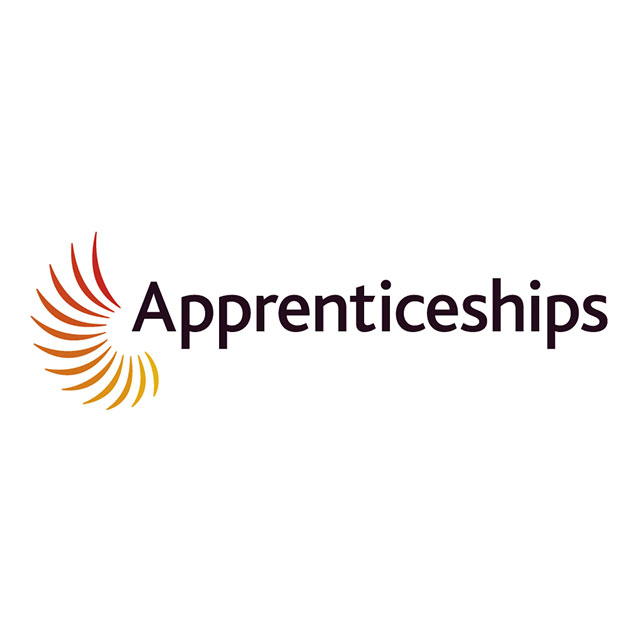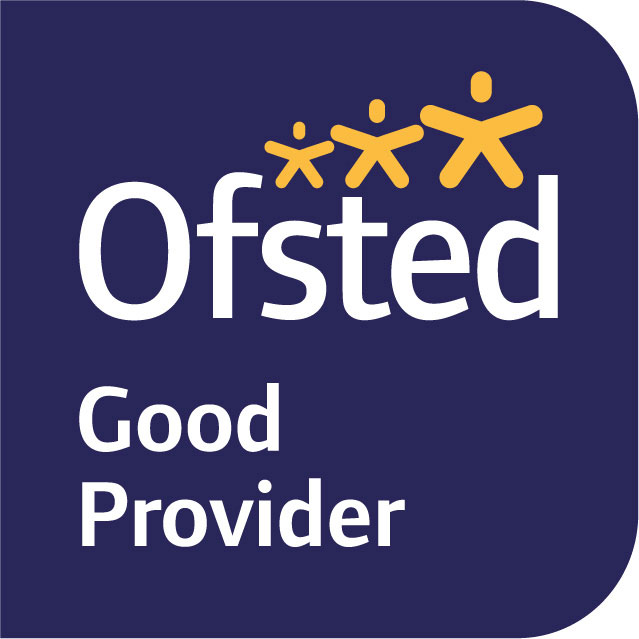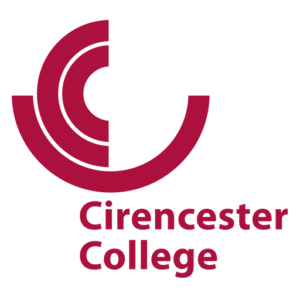DO NOT DELETE OR EDIT THIS ROW OR ITS CONTENTS

In the last three years, the COVID pandemic has taught us that healthcare and healthcare sciences are vital to the UK. The T-Levels in Health and Science focus on the technical skills needed for the future of this fast-growing sector. Laboratory Science will give you the skills to work in health-sector labs but is sufficiently broad to provide a route either to study science at University or to work in the life sciences commercial sector. If you want to carry on with science but don’t want to follow an A Level route, this is the best alternative.
As with other T Levels, it has been designed and built by employers from the ground up to be a high-level technical qualification that is the equivalent of three Science A-levels, including all the cutting-edge real requirements for working in the modern workplace. This is THE new gold standard for vocational education. You’ll learn in a way that’s different from school where you’ll be developing team and professional skills to get you ready for employment and all the essential knowledge needed for the sector of your choice. A key part of this will be a placement, ideally in a lab so that you can learn alongside professionals and bring your knowledge and lab skills together. In College, your lab time will develop your skills in analysis, measurement and processing. In class, you will learn the biology, physics and chemistry that underpins good lab work.
What will I study in Health T-level: Laboratory Science Pathway?
The content of the Science T-Level has been built from the ground up by employers, and so there is no better way of ensuring that you have the employable skills necessary to excel. This includes learning the most up-to-date knowledge and understanding of what it means to work in the healthcare science sector. You will gain a deep understanding of biology and what makes living organisms from cells to human beings tick. You will grasp detailed knowledge of the jobs roles within the sector, including laws, regulations and how health systems all work together to keep people safe and healthy. Unique to the T-Level, you'll get the chance to learn practical skills like clinical tasks or taking physiological measurements, and how these can be used to give people the quality care they deserve.
All students will develop a general understanding of health and science:
- working within the health and science sector
- health, safety and environmental regulations
- managing information and data
- principles of good scientific and clinical practice
- core science concepts including the structure of cells, tissues and large molecules, genetics, microbiology and immunology
They will also learn about topics specific to science:
- understanding the science sector
- further science knowledge, including cell cycle and cellular respiration, enzyme and protein structure, pathogens, classification of biological materials, kinetic changes and relevant analytical techniques
- scientific methodology
- experimental equipment and techniques
- ethics of science
Entry Requirements
At least five GCSEs at Grade 4 or above all from the basket subjects. Grade 4 in Maths and English. Grade 4 in a science related GCSE is recommended.
How will I learn?
The T-Level program will be taught in a way that immerses you as a worker in the sector. You will learn just as a healthcare science worker would, like working in teams and through practical demonstrations of skills. The ways that you showcase your talent will also be much like an actual healthscience environment: with independent work, presentations and written reports.The classroom environment should be one of co-operation; teachers and students working together to get the most out of your qualification.
There is a large work experience component, designed to make sure that you have the best possible chance of securing your progression into work or further education as you proceed from the T-Level. You will be required to have undertaken 315 hours of work experience by the time you finish, and the focus on this will be to learn skills and competence on the job, as well as giving you a chance to reflect on your strengths and areas for development.
How will I be assessed?
The T-Level is assessed in a variety of ways all with the needs of employers in mind. Your core component is assessed through two written exams as well as a project that you will complete based on a brief given from employers. Your occupational specialism is assessed through 'synoptic assessment' which is based on you demonstrating skills you've learned.
Any trips?
Trips are to be confirmed at this stage, but trips could involve visiting health settings, or visiting universities to look at their healthcare or science programmes.
Are there any costs involved?
You should expect small costs for stationery and booklets to assist with the course. There may also be costs for uniforms for practical work or to use at work experience.
FAQs
Since T-Levels are a brand new qualification, some universities have been slow to confirm if they will take them. Your best bet would be to check with some universities that you might consider and see if they've confirmed that they will take them.
Awarding Body
NCFE
Available As
[168 UCAS pts. available]

Add to Application
What can I do after I have taken this course?
Available As
[168 UCAS pts. available]

Add to Application

DO NOT DELETE OR EDIT THIS ROW OR ITS CONTENTS

